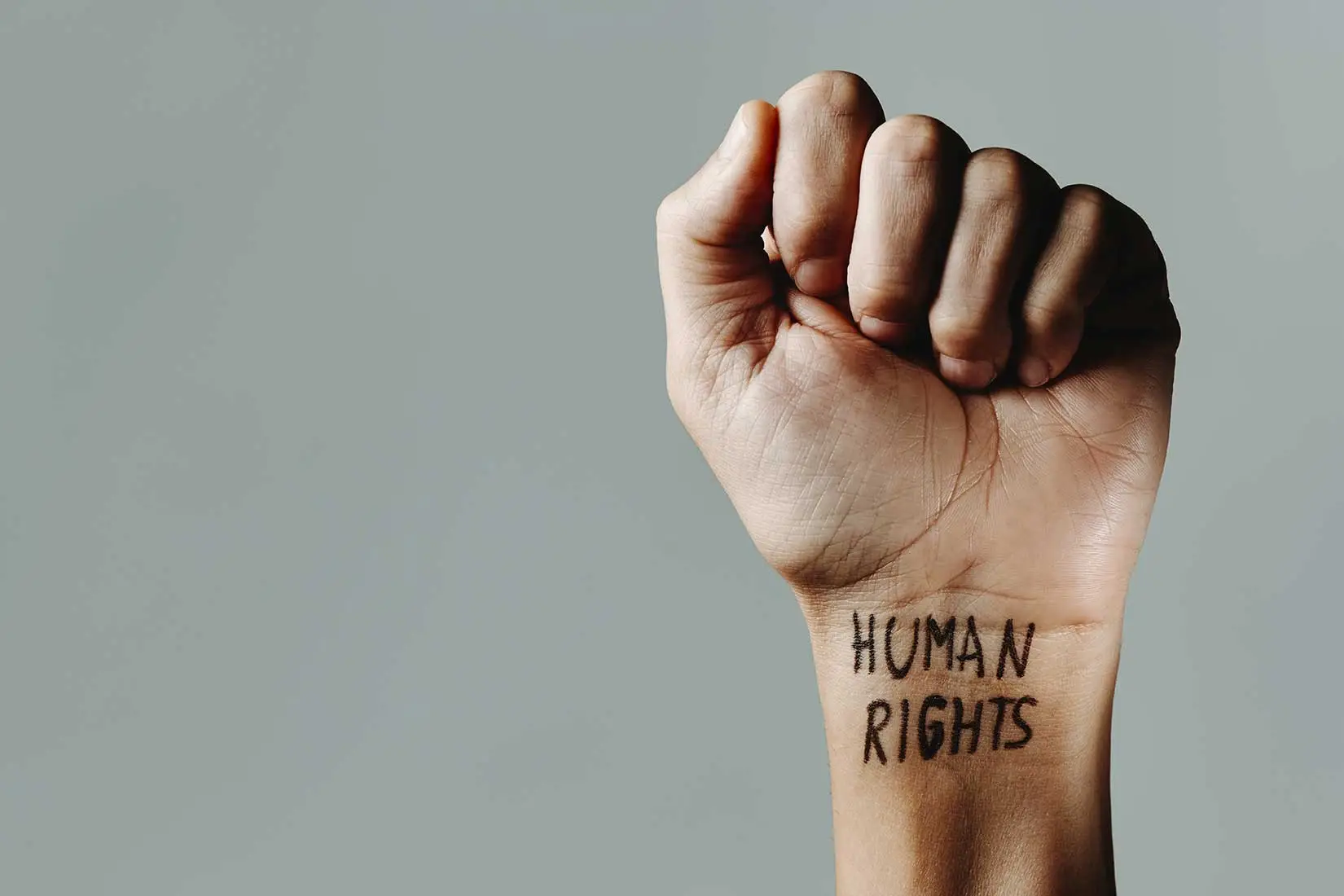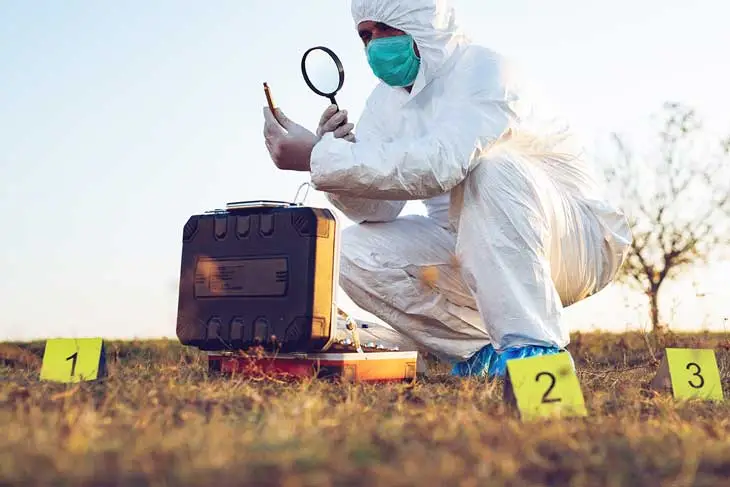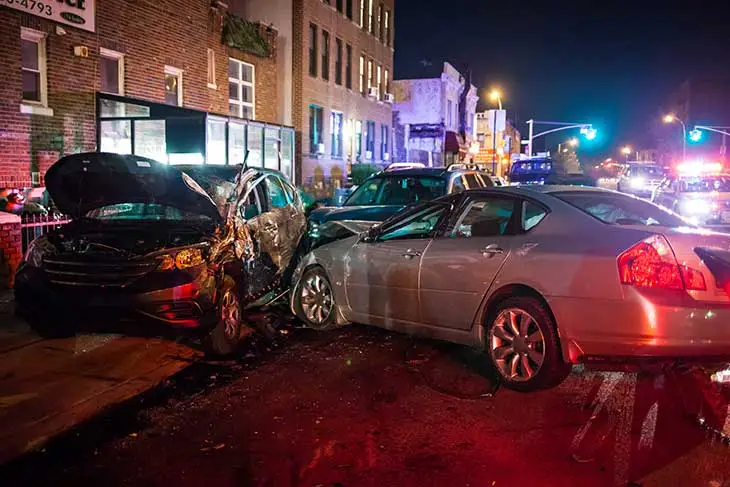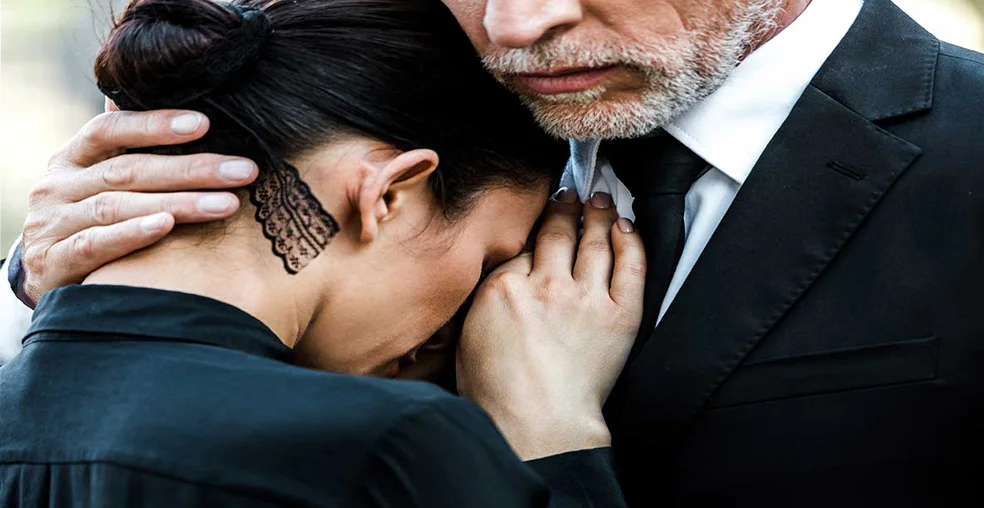Wrongful death cases can be very challenging for non-lawyers to try and pursue on their own. Firstly, the time limit for filing a claim is shorter than usual: you have two years after the last action that caused the death to file, as opposed to the three years typical in most personal injury cases. Secondly, in order to file a claim an “estate” must be set up, as the estate is the party to actually file lawsuit. In addition, the way that damages are disbursed in wrongful death cases differs in that they are distributed according to North Carolina’s “intestate succession laws,” which govern the distribution of a deceased person’s belongings if they did not have a will. Confusingly, this will be the case even if the deceased did in fact have a will.
Finally, the opposing party in wrongful death cases can vary wildly and each one requires its own tactics to succeed in pursuing a claim. In car and tractor trailer accidents, the opposing party would be the defendant’s insurance company. In product defect cases, you would go up against the manufacturing corporation. In civil rights wrongful death cases, the opposing party is usually a government body. If the wrongful death was caused by another person’s criminal actions, you would file the claim against that individual person. The same strategies you would use in negotiating or going to trial against an insurance company are different from those used in a medical malpractice or civil rights case. Every case is different. It’s important to have an attorney on your side with experience handling the type of case that fits your situation.











